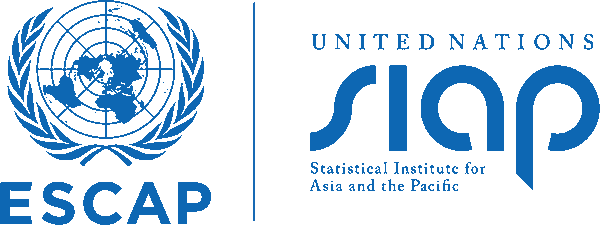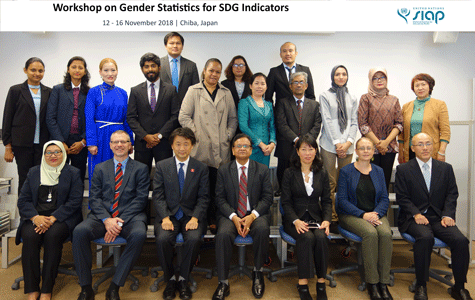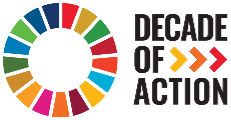
Workshop on Gender Statistics for SDG Indicators
In person

12 to 16 November 2018
Chiba , Japan
5. Gender Equality
Overview
• Promote the integration of a gender perspective into national statistical systems with the aim of improving the availability and quality of gender statistics;
• Introduce the Sustainable Development Goals (SDGs) Indicators and provide advice on how national statisticians can collect data for and compile “gender” relevant SDGs indicators, within specific regional and national contexts;
• Present selected training modules developed on the basis of UN Manuals and Guidelines, included on measuring time use and assets ownership from a gender perspective; and strengthen the capacity of national statisticians to apply international concepts and methods;
• Exchange and share good practices and lessons learned on gender statistic among national statistical offices
Objectives
• Promote the integration of a gender perspective into national statistical systems with the aim of improving the availability and quality of gender statistics;
• Introduce the Sustainable Development Goals (SDGs) Indicators and provide advice on how national statisticians can collect data for and compile “gender” relevant SDGs indicators, within specific regional and national contexts;
• Present selected training modules developed on the basis of UN Manuals and Guidelines, included on measuring time use and assets ownership from a gender perspective; and strengthen the capacity of national statisticians to apply international concepts and methods;
• Exchange and share good practices and lessons learned on gender statistic among national statistical offices

| Materials | |
|---|---|
Session 1: WHY do we need gender data: | |
| Review of the SDG Framework from a gender perspective | |
| Integrating a gender perspective into statistics | |
Session 2: Filling data gaps on selected areas of gender concerns (Measuring time use) | |
Session 3: Filling data gaps on selected areas of gender concerns (Measuring asset ownership from a gender perspective) | |
Session 4: Disseminating and Communicating Gender Statistics: UNECE toolkit | |
Session 6: Gender statistics of Japan | |
Session 7: Bridging gender data gap for sustainable development | |
Session 8: Gender data for achieving the SDGs: Leaving no one behind | |
Session 9: Country presentations | |
| Bangladesh | |
| Cambodia | |
| China | |
| Fiji | |
| Indonesia | |
| Iran (Islamic Republic of) | |
| Lao People's Democratic Republic | |
| Malaysia | |
| Maldives | |
| Mongolia | |
| Myanmar | |
| Nepal | |
| Sri Lanka | |
| Thailand | |
Session 10: Measuring women’s participation in local government institutions | |
